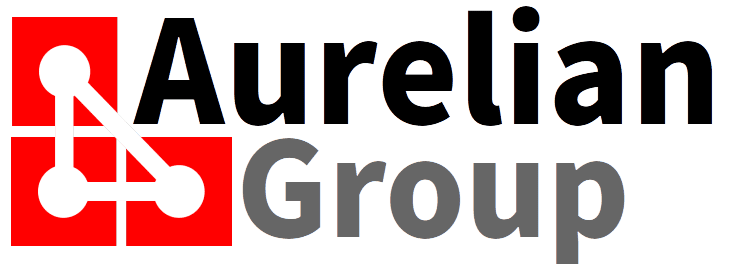There is no getting around it - everybody is talking about it, thinking about it, and your Information Technology services partner is certainly monetizing it. But what is Digital Transformation? Is it the next industrial revolution, or are we all taking a ride on the Buzzword Bandwagon?
Looking back
Moving your analogue (paper based) systems to the digital realm is hardly a noteworthy transformation. Since the introduction of computers in the workplace we have moved our paper records into indexed digital storage systems - systems of record. In the late '80's and through the '90's of last century, the price of computing power dropped significantly enough for rules-based systems to become accessible to the majority of businesses. There was an accessible market for accounting software (from small to midsize businesses) and the entrance barrier became smaller for MRP and ERP software. But was it truly transforming businesses? No - business just kept doing what they did before - with increased efficiency bringing more scale. A transformation did occur around the turn of the century with the introduction of e-Commerce and e-Business. Through e-Commerce, location and time of transaction were with one stroke made irrelevant, and e-Business facilitated transactional integration between applications within the company as well as through the value chain. Enter the .COM era - it boomed, it bust, it normalised.
Digital Transformation
Moving your systems of records, rules, workflows and insights into the cloud is not Digital Transformation. Using collaborative tools in the business productivity suite of choice is not Digital Transformation. Employing the scale of Big Data in IOT scenarios to visualise what happened and make algorithmic predictions is not Digital Transformation. These are enablers of Digital Transformation, but by themselves do not require a transformation of your business. It does pave the way for a different relationship between companies, institutions, its customers/consumers, vendors and employees. The "Anything As A Service" has already opened the market to serious disruption in the consumer space (Uber, AirBnB), and business are finding new business models to disrupt the business to business markets by offering traditional capital investment items as a "subscription service".
A fundamental shift will occur in the relationship between people and machines. Artificial Intelligence, Machine Learning, these are not just tools to do the same job with more efficiency - it fundamentally transforms our work. As machines get better at learning, AI gets smarter and more collaborative. Our relationship with business systems is moving from providing and consuming data, to human/machine collaboration.
Small Methodical Steps
Do you have to transform? Without a doubt! the question is how, when, and how fast. It is not as simple as Disrupt or Be Disrupted - take this surfing analogy: a disruptor makes the waves, the disrupted loses balance... and the surfer rides the wave. It is very difficult to make waves large enough to disrupt... but with anticipation and skill, you can be ready to ride the wave - and you should prepare with the following steps:
· If you have not done so already, move your productivity suite to the cloud. This has been fairly commoditised. Don't expect a revolution in your business, but there are productivity gains. The true value is that it enables the next step.
· Move to a cloud-based CRM (I prefer the term Customer Engagement System over Customer Relationship Management) that is integrated to your productivity suite. Encourage the enabled collaboration to take customer experience to the next level.
· Commoditise your system of operations (or ERP) - this is one of the most difficult things to do. Basically, it means saying "NO" to customizations, and use the standard functionality. Even if this is going to let you sacrifice some functionality on the short term, the long-term benefits of commoditization more than weigh up in this equation.
· Look beyond what you are doing now and see what the cloud technology can mean for your business. Now that you run your productivity and collaboration on the cloud, and you have a standardised system that can fully utilise other cloud-based solutions, it is time to see what is next. IoT? Deep Analytics? Machine Learning? Bots?
Conclusion
The key is to allow your system of operations as well as your system of engagement (ERP and CRM in "old speak") light up with the possibilities brought by the scale of the cloud. Just running an ERP and CRM in the cloud will not bring any benefits (even the cost trade off in such scenario may be marginal at best). Where the asset traditionally was the customised ERP or CRM system, that is now a liability. The asset of today and tomorrow is in the ability to make useful connections with data and people. To be able to ride the wave of digital disruption, it is imperative to have an infrastructure that is commoditised.
- orignally posted: 17 July 2017
